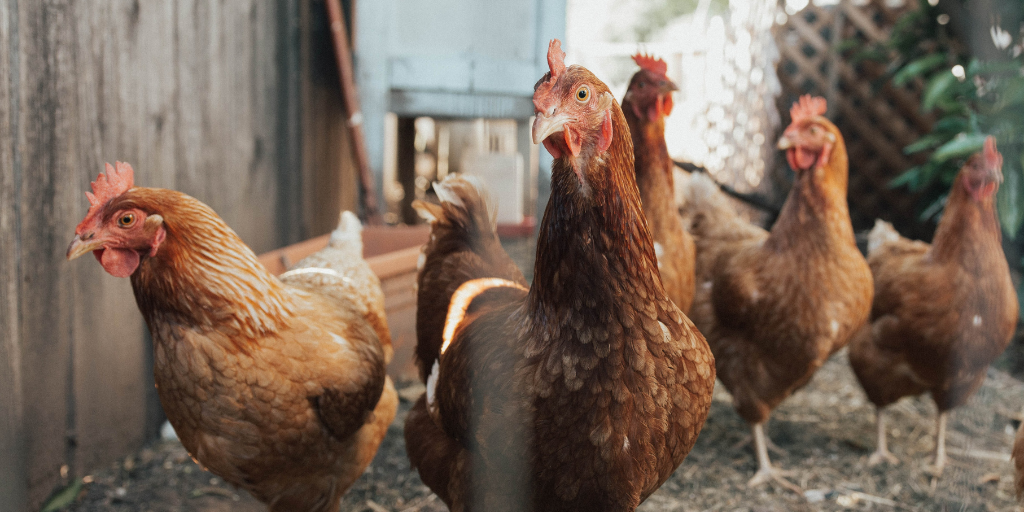“Learn the similarities between chickens, teams, and how this can help build a strong and diverse workforce”
How do you like your coffee? In Sweden they prefer it strong, like their connections!
Having recognised that promoting employee connections leads to improved productivity, in most Swedish companies it’s mandatory for *all* employees to take Fika, a designated break for cake and coffee designed to promote socialisation at work.
That team connectedness is raised by Margaret Heffernan in her 2015 Ted Talk (Forget the Pecking Order at Work) in which she contrasts it favourably with giving a disproportionate voice and resources to a select few overachievers, or ‘Super Chickens’ as she refers to them.
In a study by biologist William Muir, it found that when chickens producing the greatest number of eggs were put together, they weren’t so super after all, whereas the ‘average’ chickens all flourished without the supressing presence of the overachievers.
Although the talk was recorded seven years ago, the points made still resonate today. In fact, post-pandemic, some even more so!
So, what were our takeaways from the talk?
- Team diversity – employing a host of super competitive individuals is counterproductive. Focusing your attention and resources on an exclusive group can harm the company overall.
- Recruitment process – make a concerted effort not to hire too many employees who share the same mindset and qualities. Rather, look for individuals who display the right values rather than purely the best qualifications.
- Attribute measuring – give thought to the attributes you’re measuring during the recruitment process. Additional focus on ‘softer’ skills can lend itself to better social bonds. Think empathy and listening skills.
- Social connections – the key to a successful team is in its connectedness and the social capital that builds trust, interaction, and ideas, especially the longer a team works together.
How to avoid a team of Super Chickens?
With that in mind, here’s our ‘chick list’ of how to avoid ending up with a team of Super Chickens:
1. Create time and space for connection
Synchronise breaks – don’t just encourage people to take a break, synchronise them (like Fika in Sweden) so they take them at the same time. Some companies have even banned drinks at the desk to encourage staff to socialise.
2. Reward behaviours and values
Have a system in place that recognises those individuals who display the right behaviours that strengthen connections with colleagues.
- Helpfulness
- Collaboration
- Respect
3. Measure diversity
Measurement creates accountability. When we’re being measured, we seek to improve. By tracking collective and individual behaviours within your teams it’s possible to identify opportunities for greater diversity and inclusion.
4. Provide training
Give employees the skills and tools to be more proactive and involved, whether that’s presentation techniques to take charge of a meeting confidently or ways to express their ideas more convincingly.
5. Give visibility
Provide opportunities for employees to have a voice and give a different perspective, whether that’s running a meeting instead of a manager or having a representative at leadership team meetings.
Want to learn more?
For ideas on how to create a more diverse and inclusive team, watch our webinar, ‘The Path to growing diversity and inclusion’ where three DE&I experts share resources, strategies and stories from the front lines for advancing this work, including:
- Best practices around diverse and equitable hiring
- How to create an inclusive culture where all employees can thrive
- Non-negotiables for companies looking to create transformation in this area
Now you’ve finished reading this, why not go and grab a coffee with your colleagues?
Want to know more?
Want to find out more about Diversity Equity and Inclusion, speak to us about our employee engagement programmes and how BI WORLDWIDE can support your everyday DE&I initiatives.
